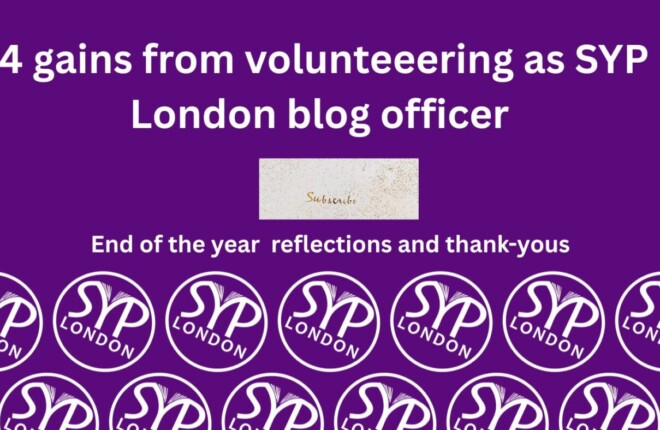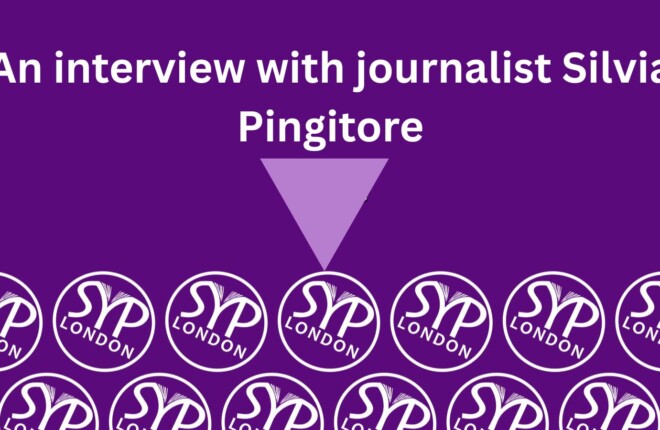
What We Do: Literary Agents
Posted on August 3, 2024 in London

Want to work in publishing, but only have a vague idea of where to start? The industry is incredibly broad, and roles span beyond editorial, across art, production, sales, marketing, and much more… Today we’re focusing on the “first step” many authors encounter in their publishing journey – Literary Agencies!
Katerina Lygaki (Agents’ Assistant at Felicity Bryan Associates), Meghan Capper (Literary Assistant at Madeleine Milburn), and Rakhi Kohli (Agents’ Assistant at Curtis Brown Books) offer their expertise on Literary Agencies.
OVERVIEW AND NEED TO KNOW
Authors who want to be traditionally published (as opposed to self-published) will usually need a Literary Agent, as most Publishing Houses do not accept unsolicited manuscripts from Authors, but rather, receive them through Agents.
Once an Agent signs on an Author, they will work together to polish their novel, and then send out the manuscript to relevant Editors and Publishers in Publishing Houses, hoping to secure their Author a publishing contract. Meghan and Rakhi agree that an agent is the ‘authors best advocate’, as they ‘champion the authors work right from the start’.
THE TYPICAL CAREER PROGRESSION
Meghan explains that:
- You’ll start as an Agents’ Assistant: ‘for one or a couple, where you assist with their author list’
- You’ll typically progress to an Associate level: ‘where you start acquiring your own clients to build your list, alongside maintaining your assisting role’
- An Agent: ‘now the training wheels come off, and you will be working independently to maintain and grow your list of authors’
DAY TO DAY ROLES OF AN AGENTS’ ASSISTANT
Katerina notes that ‘most days look different,’ as there’s such a wide variety of tasks to get involved with, most of which can be grouped into either administrative or editorial support.
Administrative:
- Setting up agency agreements and assigning contracts to authors
- Uploading contracts to Bradbury Phillips (software used by agencies)
- Author queries about payments
- Be a port of call for authors
- Organise meetings with publishers and scouts
Editorial:
- Creating editorial reports on manuscripts for an Agent
- Supporting on the pitch and blurb for books ‘on submission’ to Publishing Houses
- Reading through submissions (agencies can receive hundreds!) to ‘talent spot’ and flag them to the relevant Agent
DAY TO DAY ROLES OF AN AGENT
Meghan highlights that this is a ‘people facing role’ which involves the ‘author-care’ of current clients, but also ‘meeting with editors/scouts to pitch their current submission titles, or meeting with prospective authors in the hopes of signing them with the agency.’
This leads us onto the interactions Agents have whilst ‘on submission’, where the Agent could be ‘negotiating a busy auction with multiple publishing houses bidding to acquire the authors work’ – imagine an art auction, but with books, and where the offer involves not only money, but also the best personality fit, the best publicity/marketing plans, and the best international plan for the book. – all things that Rakhi notes as the Agents job to advocate for!
We also can’t forget the editorial work that Agents engage in before sending manuscripts on to Editors!
KEY SKILLS TO BRING TO THE ROLE
Katerina: ‘strong interpersonal skills and being flexible’
Meghan: ‘working swiftly and efficiently, paying close attention to details’, as well as ‘confident communication skills’
Rakhi: ‘reading widely’ and ‘negotiating skills’
FAVOURITE PART OF THE JOB
Katerina: ‘how ad hoc it is – I love that I get to be involved in all parts of a project and get to work with different publishers/people’’
Meghan: ‘seeing the authors journey right from the beginning – from the moment the submission lands in our inbox, to signing them on, working on the manuscript and the reward of getting a publishing deal’
Rakhi: ‘submissions!’




 Listen to the podcast
Listen to the podcast  Explore the Youtube channel
Explore the Youtube channel